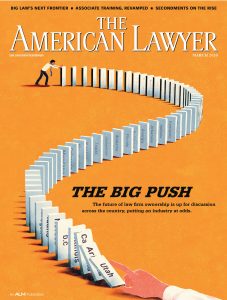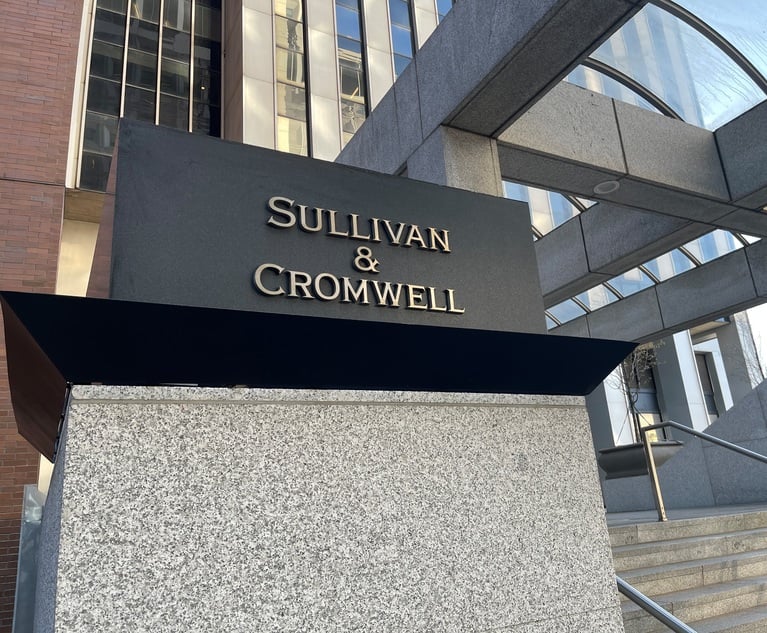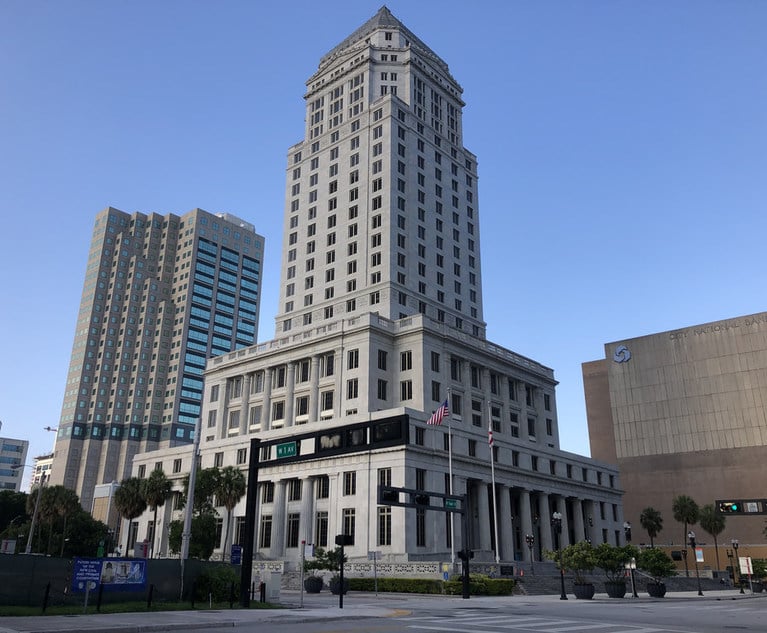Big Law is suddenly taking an unusual interest in how average Americans are served by the legal system.
It’s not that lawyers at the apex of the profession have historically been indifferent to the plight of the marginalized—the flourishing of well-funded, prestige-generating pro bono programs at elite firms tells the opposite story. But the growing recognition of an access-to-justice crisis in American society—in which individuals and families struggle to find assistance for pressing legal needs—is ushering in a reform movement. Along the way, it could unintentionally—or perhaps intentionally—change the business model of Big Law.


 Credit: Daniel Liévano.
Credit: Daniel Liévano.





